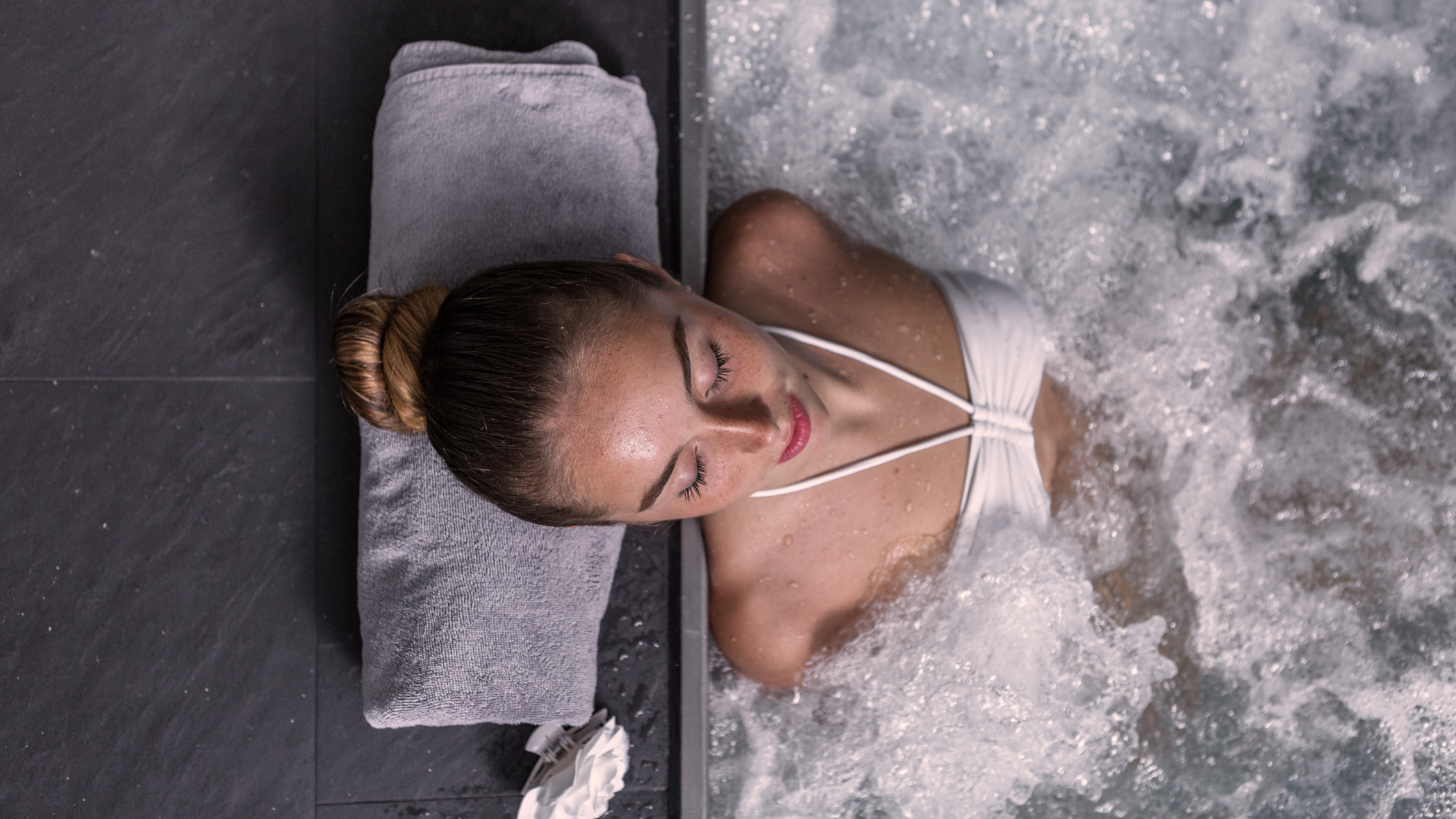Hydrotherapy, an ancient practice dating back to Roman and Greek times, refers to the therapeutic use of water in various forms and temperatures. Historically, cultures across the globe recognized water's healing properties. Today, hydrotherapy has evolved into a sophisticated wellness practice, combining age-old wisdom with modern science.
The Science Behind Hydrotherapy

Hydrotherapy works by utilizing water's unique properties - buoyancy, resistance, and temperature. These elements work in harmony to provide therapeutic benefits. Scientific studies, such as those published in the "Journal of Physiotherapy" have demonstrated the efficacy of hydrotherapy in improving health outcomes. For example, warm water immersion aids in muscle relaxation and increases blood flow, fostering a healing environment for the body.
Physical Health Benefits

Muscle Relaxation and Pain Relief:
Warm water immersion in hydrotherapy spa treatments helps relax muscles and alleviate pain, beneficial for conditions like arthritis and fibromyalgia.
Improved Circulation:
The hydrostatic pressure in water therapy aids in improving circulation, crucial for overall health and recovery from injuries.
Rehabilitation from Injuries:
Hydrotherapy's supportive environment allows for gentle exercises, crucial in rehabilitation programs for injuries, as endorsed by physiotherapists and health professionals.
Mental Health Benefits
Stress Reduction:
The soothing effect of warm water and the serene spa environment significantly reduce stress levels, promoting mental wellness.
Improving Sleep Quality:
Hydrotherapy sessions have been linked to improved sleep patterns, as the relaxation achieved helps in combating insomnia and other sleep disorders.
Hydrotherapy Techniques
Types of Hydrotherapy Treatments:
These range from whirlpool baths, underwater massage, and mineral baths to cold plunge pools. Each type offers unique benefits and caters to different therapeutic needs.
Best Practices for Effective Treatment:
It's crucial to understand the best practices for each treatment type to maximize benefits, including duration, temperature settings, and complementary therapies.
Choosing the Right Hydrotherapy Spa
Factors to Consider:
Look for quality, hygiene, expertise of therapists, and the range of treatments available.
Tips for First Timers:
If you're new to hydrotherapy, start with gentle treatments and seek guidance from experienced spa therapists.
Conclusion
Incorporating hydrotherapy into your wellness routine can be a transformative experience. It’s not just about occasional spa visits but about embracing a holistic approach to health. Regular hydrotherapy sessions can significantly enhance your physical and mental well-being, making it a worthy addition to your wellness practices.
Looking for more wellness tips and curious about sauna use? Check out our latest Sweat Decks blogs for more Health and Wellness tips


Share:
What Size Sauna Heater Do I Need
Top Sauna Robes of 2024